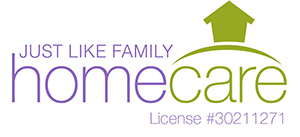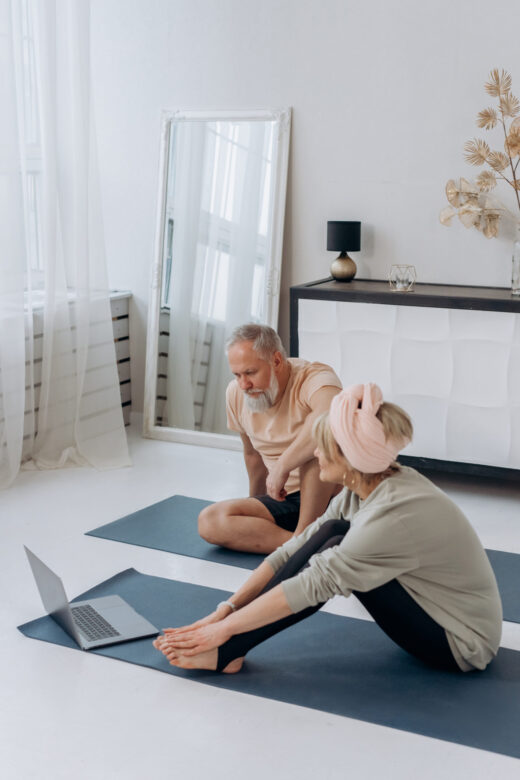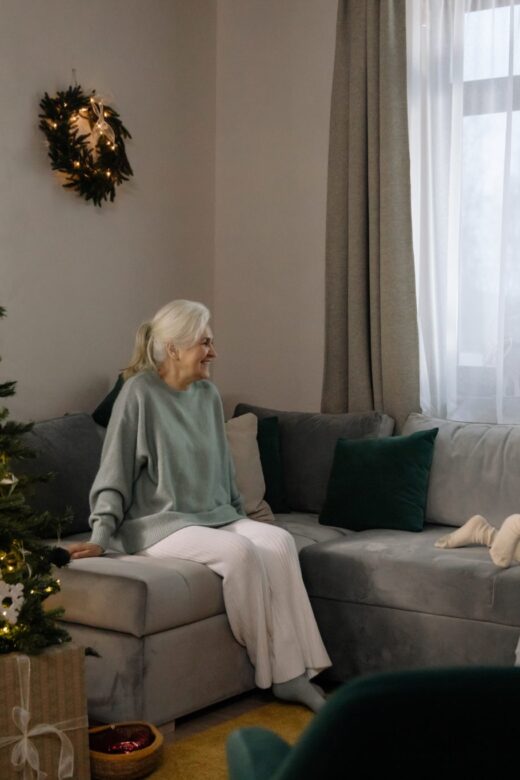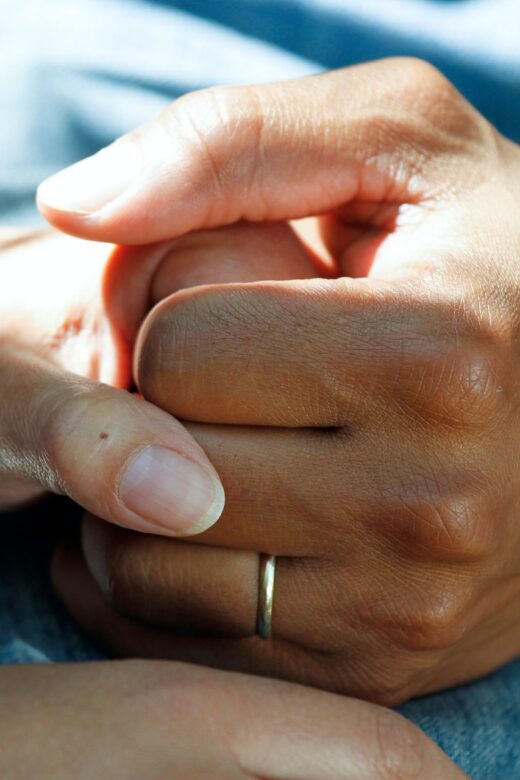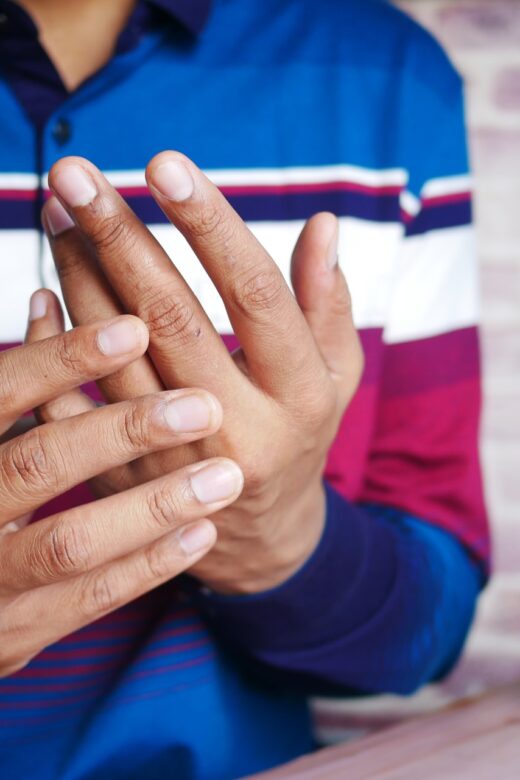As people age or become ill, they often require additional assistance with their daily activities. While some may prefer to move …
Five Tips for Seniors When Choosing Online Workout Classes
The first month of the New Year is flying by and many the people are still sorting out their goals and resolutions for 2023. It is …
Continue Reading about Five Tips for Seniors When Choosing Online Workout Classes
How to Keep Your Health in Check This Holiday Season
The holidays are known for taking a toll on our bodies. Between the chilly temperatures, onset of flu season and the overabundance …
Continue Reading about How to Keep Your Health in Check This Holiday Season
How to Make the Transition from Hospital to Home Successful
Most hospital patients aren’t fully recovered when they leave — especially after surgery or a complex procedure. Although having …
Continue Reading about How to Make the Transition from Hospital to Home Successful
Chronic Pain Assistance at Home: Helping Seniors Manage Pain
Did you know it's estimated that 20.4% of adults in the United States live with chronic pain? Managing chronic pain on your own …
Continue Reading about Chronic Pain Assistance at Home: Helping Seniors Manage Pain
Boost Immune System Health in Elderly Seniors
As we age, our immune response capability becomes reduced, making us prone to more infections and life-threatening diseases. …
Continue Reading about Boost Immune System Health in Elderly Seniors
